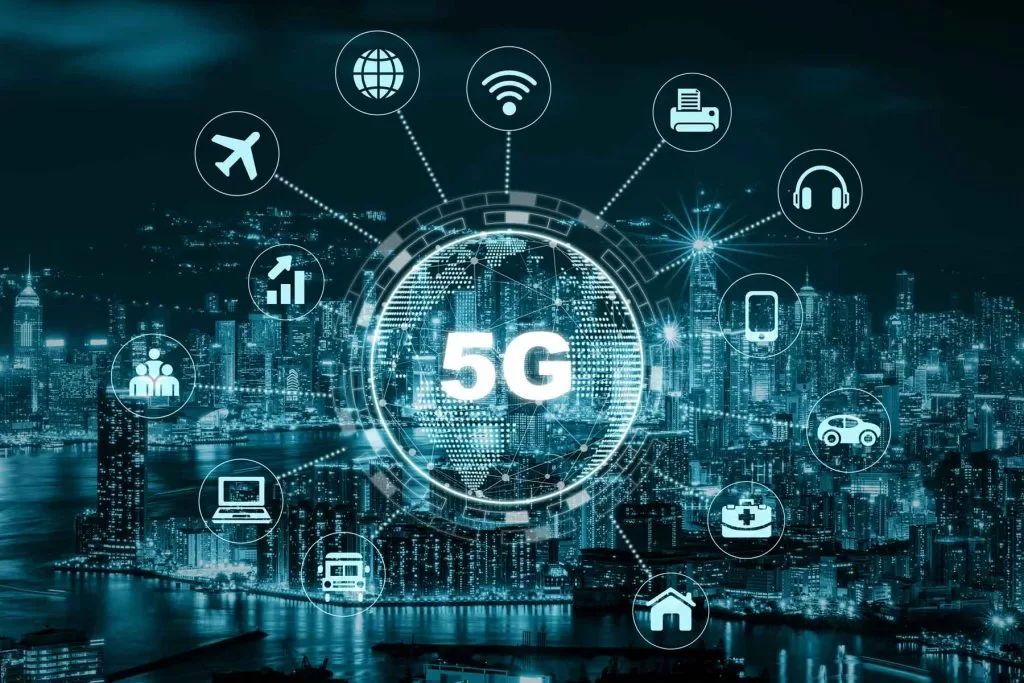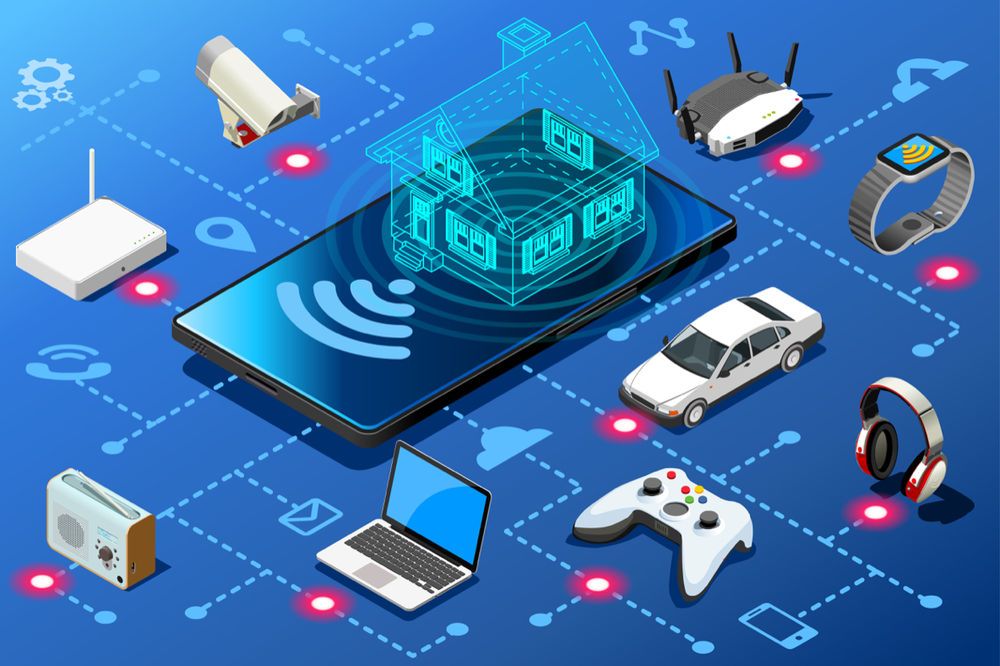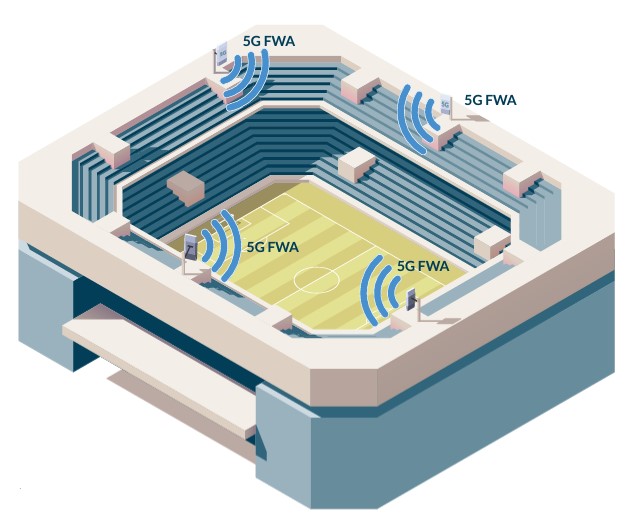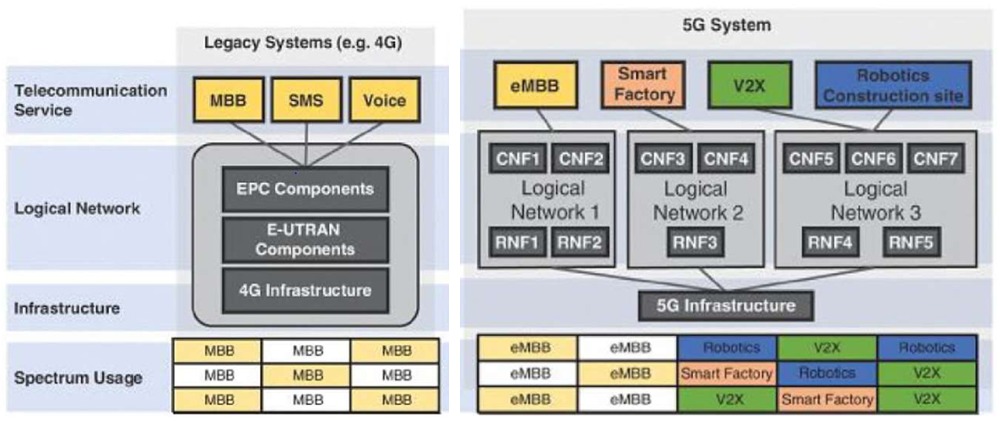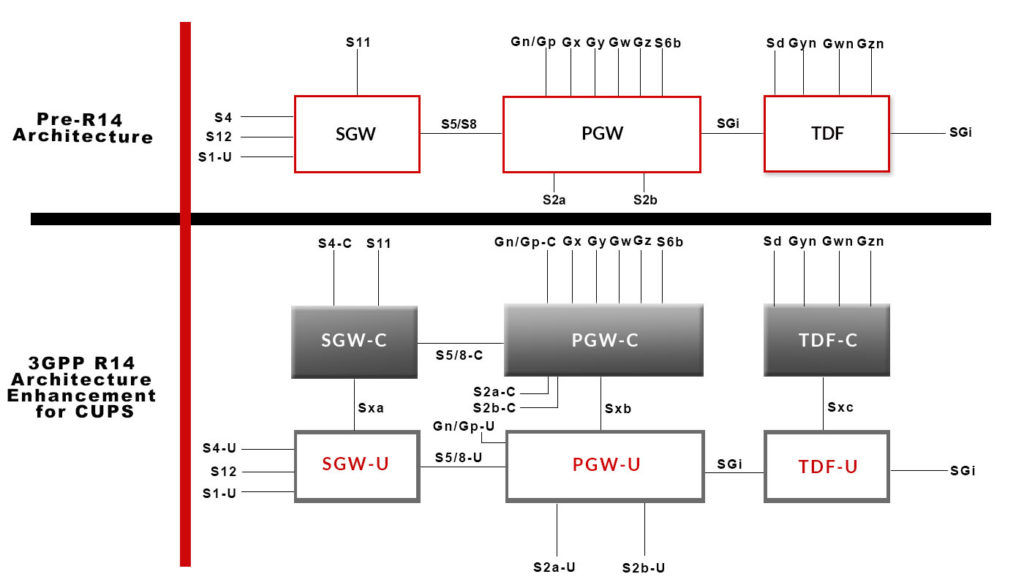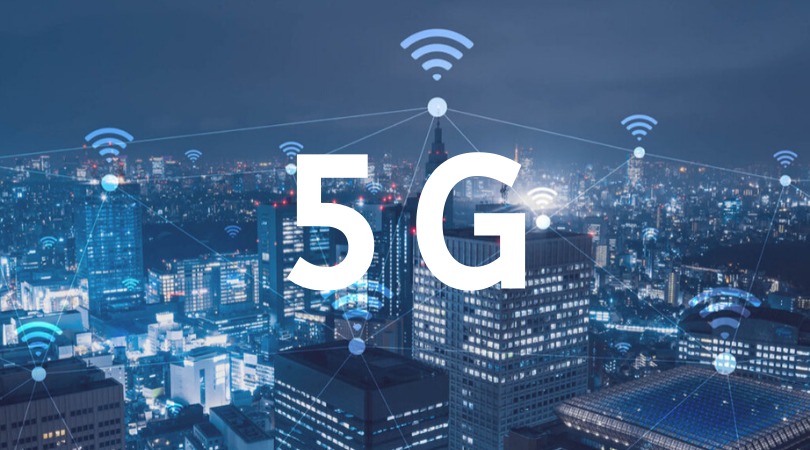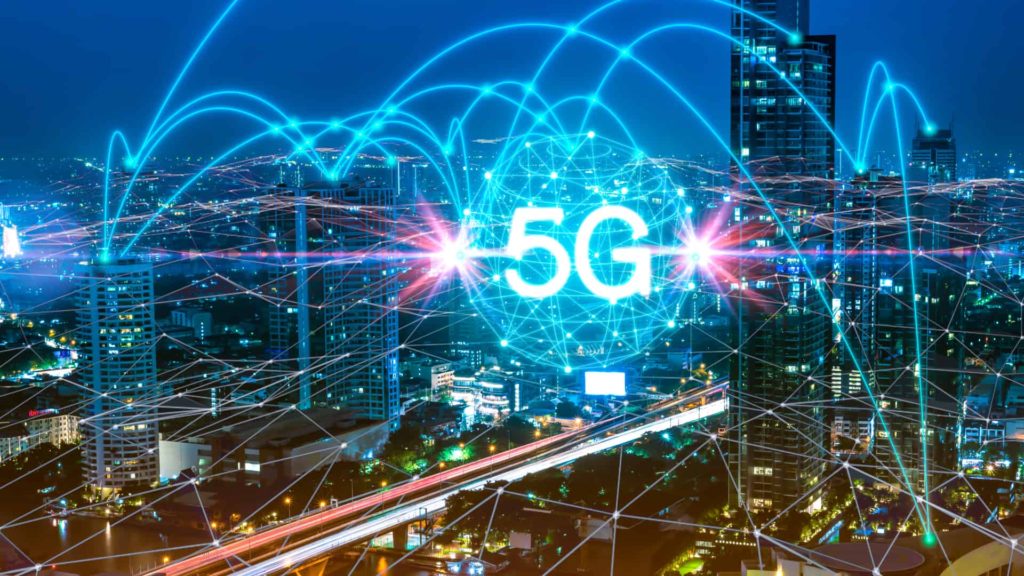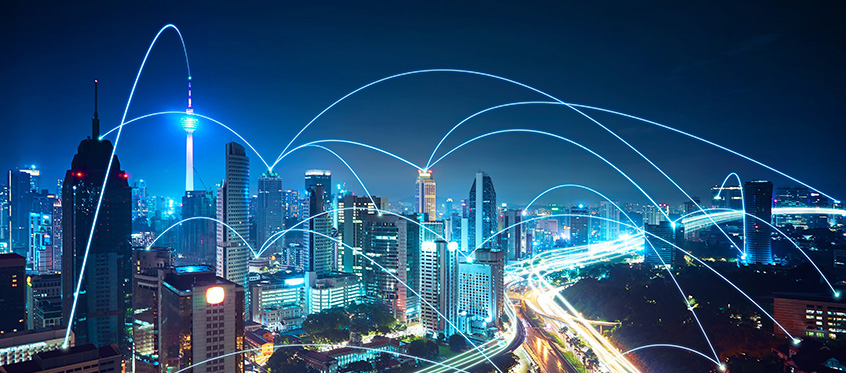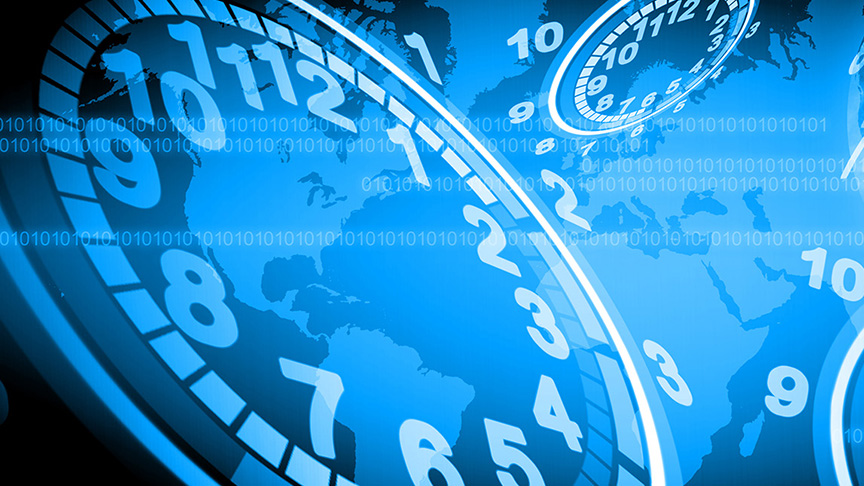5G is expected to be the basis for the most essential technological transformation of human society since the industrial revolution. Telecommunication systems, devices, and interconnections, smart cities, self-driving cars, high-speed data traffic, are just some of the applications that follow the introduction of 5G networks in our lives. 5G is estimated to be at least ten times faster than existing technologies. This means that a two-hour movie that would take hours to download via a 3G network, and minutes via 4G, may now take just several seconds with the upcoming 5G networks.
Thanks to 5G technology, watching a football match will become a whole new experience. You won’t even need a TV since, with AR/VR headsets, the viewer will be “attending” the game from inside the football field or even the locker rooms. Also, remote surgery will be possible. If you are seriously ill on a trip away from your home, you will not need to go back for an operation. The surgeon will be able to intervene remotely, thanks to surgical robots that will immediately obey his commands, no matter how far away.
Furthermore, device-to-device communication will take place at uninterrupted speeds. With 5G, we are no longer talking about people-to-devices wireless connectivity, but a seamless interconnection of every device with everything else over the IoT network. At the same time, farmers will not only plant seeds in their fields but also small chips that will control all operations, from sowing to irrigation and harvesting with automated tractors.
Finally, homes, factories, self-driving cars, and even arsenals can also be controlled remotely, without the risk of delay, because when the key is pressed, the machine or device will respond in a millisecond.
The battle for 5G supremacy
Everyone’s goal is to get the upper hand and take control of the new 5G mobile networks and all the benefits that 5G technology has to offer. For some of the world’s most influential countries, 5G networks are considered to be the next field of economic and social domination. After all, communications and defense needs in every country have already turned 5G into a geopolitical issue and a favorite confrontation area, especially between the US and China.
The new Cold War is a technological one and is just around the corner. The “battles” are not in the space race, as they were 50 years ago, but this time on the surface of the Earth. The dominance on 5G networks is compared by many experts to the control of oil pipelines that have judged the geopolitical reality of the post-war West, and the benefits behind their real potential may well outweigh the glory of a space ride. 5G is sure to make a giant leap in wireless technology, similar to the invention of the personal computer. In fact, the thing that everyone is after and fears at the same time is the control of information.
China, who also aims to be one of the world leaders in 5G networks is currently developing its 5G systems and wants to dominate the market. That is why the US recent sanctions on the Huawei Group, China’s largest 5G vendor, are estimated to be only the first episode in this clash. In the meantime, the Chinese government has already responded by censoring some American tech giants such as Google, Facebook, or Amazon. Furthermore, although the initial time plan for 5G in China was in 2020, Chinese operators have pushed ahead on schedule with quite low tariffs that equal to around $18 per month.
The 5G race and the EU
In the new Cold War for 5G supremacy, the blocs and alliances are not yet fully defined. On the one hand, there are the governments of Australia, New Zealand, Canada, and Japan, which are aligned with the US. On the other hand, the European Union does not have a single stance. France and Germany have launched investigations into Huawei networks, while Spain is awaiting the European Commission’s position. However, Europe has its own companies active in 5G development, and that is NOKIA and Ericsson.
At the EU level, it has been decided that member states should auction the 5G frequency spectrum bands by the end of 2020. They will then have to guarantee the availability of the first commercial applications through 5G and make full use of it by 2025. Already, the EU estimates that global revenue from 5G will reach 225 billion euros by 2025. In strategic but also traditional sectors such as the automotive, agriculture, and communications sectors, a complete revolution will take place with the new 5G networks.
However, the EU’s delay in 5G, compared to other regions such as Asia (mainly Japan, China, and Korea) and the US, is evident. Today, only a handful of countries have announced the operation of 5G networks. In the UK, Everything Everywhere (EE), a subsidiary of BT, launched its first 5G network in six cities (Belfast, Birmingham, Cardiff, Edinburgh, London, and Manchester). In Italy, Vodafone launched 5G in Milan, Rome, Turin, Bologna, and Naples. France and Germany will not have commercial use of 5G most probably until the end of 2020. Only in Finland and San Marino will networks with new technology be operational within 2019.
There are many steps to be taken towards establishing a common 5G framework and an established 5G ecosystem. The race is now on and it’s down to the players themselves to decide how they will proceed in the following years in order to deliver the goods.


